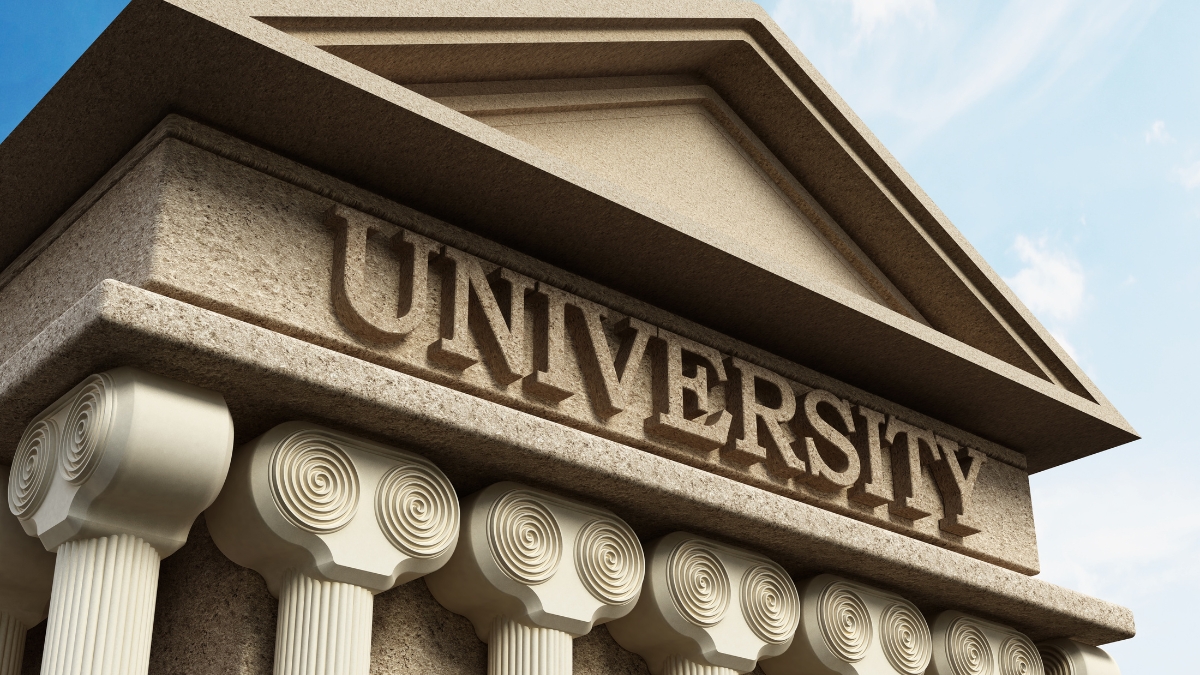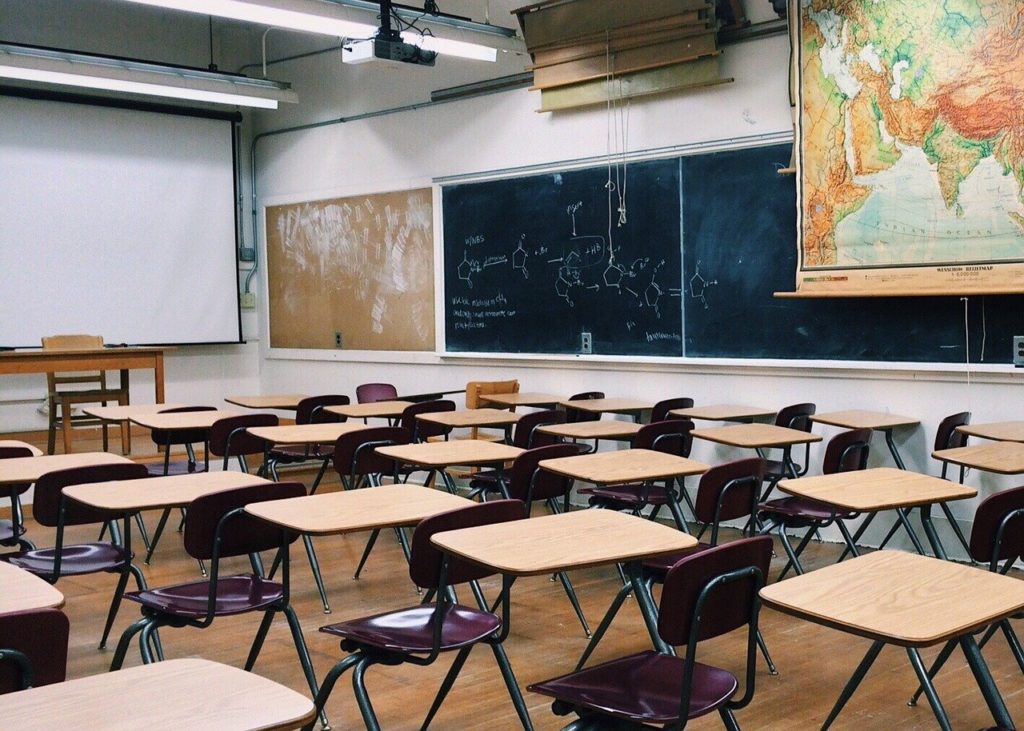The Illinois Commission on Equitable Public University Funding Submits New Formula Recommendations to General Assembly

![]()
The Illinois Commission on Equitable Public University Funding Submits New Formula Recommendations to General Assembly (Springfield, IL) — Today, the Illinois Commission on Equitable Public University Funding submitted its recommendations report to the Illinois General Assembly. The Commission was established by Public Act 102-0570 and was tasked with developing a structure that funds the state’s public universities in an adequate, equitable, and stable manner – a key strategy in the state’s strategic plan for higher education, A Thriving Illinois. The Illinois Board of Higher Education (IBHE) was charged with supporting the Commission’s work.
Under the new formula, funds will be directed to the state’s public institutions in a transparent manner through an equity-centered adequacy target with the funding at each institution based on the particular makeup and needs of the student body, the characteristics and mission of the institution, and the resources it has available to it. The new proposed funding model:
- Determines for each institution a unique funding level based on its students’ needs, mission, and variety of programs.
- Encourages greater access and success for historically underrepresented students.
- Provides a funding increase to every institution when new dollars are invested.
- Ensures institutions have flexibility to invest in ways that best serve their students.
- Incentivizes institutions to reduce reliance on student tuition with increased state investment.
- Distributes new funding through an equity allocation.
- Calls for transparency and increasing accountability as institutions get closer to adequate funding.
“The Funding Commission has worked intentionally since November 2021 to put forth a funding model that is grounded in equity, is student-centered, and is informed by data to ensure institutions receive funds needed to support the diverse needs of their student bodies and remove barriers to student access and success,” said IBHE Chair and Commission Co-Chair Pranav Kothari.
The new formula recognizes and addresses both the historic inequities underlying Illinois’ access and attainment gaps – especially among students from low-income households, students of color, students from rural communities, and working adults – and the variety of unique institutional missions and characteristics across the state. The new formula is dynamic and encourages institutions to increase enrollment of historically underserved student groups.
Since 2019, the state has made historic investments in higher education, including increased investment in university operating funds by $187.6 million (18%). Rebuild Illinois, the state’s first capital program in 10 years which was adopted in 2019, included an appropriation of $1.6 billion in new funding for public higher education institutions. The state has also increased funding for MAP by 75% since 2021 to a historic high of $701 million.
With the necessary state investment, the formula is also intended to reduce the burden on students who have borne an increasing share of the costs of higher education due to state disinvestment in the years prior to Governor JB Pritzker’s administration. Currently, universities rely on tuition revenue for $2.1 billion (64%), compared to only $1.2 billion (36%) from state appropriations. The formula would flip that dynamic, with the state responsible for 57% of the total cost of adequacy, compared to 40% for students, and 3% from other institutional resources. The funding approach estimates that the State of Illinois will need to increase funding to universities by approximately $1.4 billion over the next 15 or more years.
The Commission was made up of 33 members, with representatives from the General Assembly, each of the 12 universities, advocacy organizations, fiscal policy organizations, faculty, a health care expert, a legal expert, a public university student, and a member of the Illinois Student Assistance Commission.
The Commission’s report detailing the new funding formula can be accessed here.
The Illinois Commission on Equitable Public University Funding Submits New Formula Recommendations to General Assembly








Responses